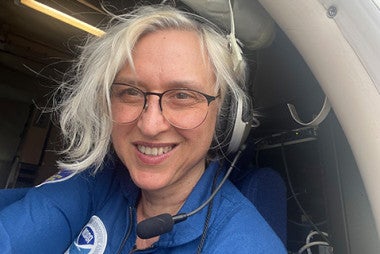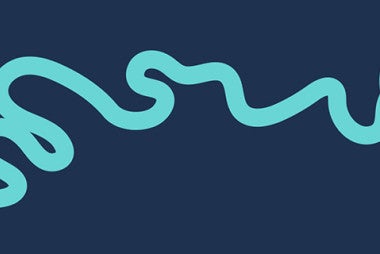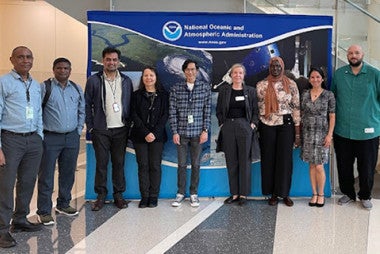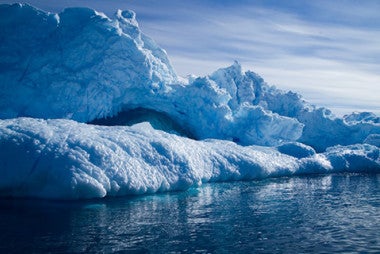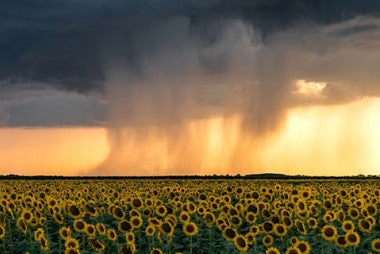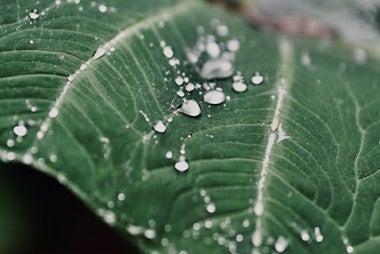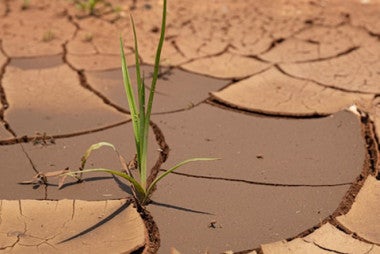Colin Thor West | Postdoctoral Fellow
"Weather History Offers Insight Into Global Warming"
Colin is a former NOAA Climate & Global Change postdoctoral fellow. As a fellow at the University of Alaska Anchorage, he studied the relationships between climate change and livelihoods in rural Alaskan Native communities.
2008 Summer Institute Presentation Title:
Comparing Local Institutions for Subsistence Salmon Harvesting:
Yup’ik, Cup’ik, and Chukchi Communities in Western Alaska and Chukotka
"I am an anthropologist who studies how natural resource-dependent communities and households adapt to climatic and social change. I have had the opportunity to participate in the subsistence way of life of Cup’ik and Yup’ik peoples in the Yukon-Kuskokwim (Y-K) River delta region of western Alaska. Alaska’s First People have inhabited western Alaska for millennia and effectively managed natural resources throughout this time.
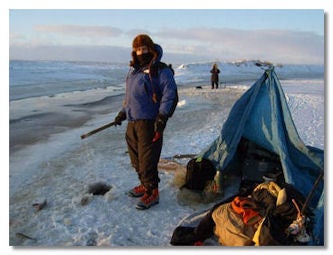
Colin ice-fishing for smelt and tomcod near Chevak, Alaska.
Our research explores how peoples of the Y-K region and the Russian Far East adapt to fluctuations in subsistence resources through local institutions. Local institutions are the informal rules, customs, and norms. We think they have been key to promoting this sustainability.
Part of my research involves spending time in remote rural villages where I fish and gather wild foods with community members. As much as possible, I try to see this rich landscape through their eyes by participating in daily subsistence activities. Once, I spent a few winter days in Chevak, a Cup’ik tundra village, ice-fishing for smelt and tomcod with Roy Atchak and Uyuriukaraq Ulran. You lower a line on a stick into a small ice hole and wait for a fish to bite the bait. When they do, you jerk the fish out and quickly strike it on the head with the stick to kill it.
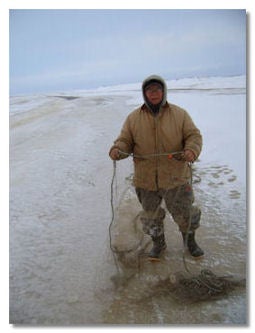
Roy demonstrating the use of set net for harvesting needlefish through the ice near Chevak.
After harvesting 20-30 smelt like this, I informed Roy and Uyuriukaraq that I felt bad killing so many fish. They quickly explained that I shouldn’t feel that way. They said that the “fish give themselves to us.” So long as people respect fish and other game and harvest them appropriately, they will continue giving people just the amount they need and never more. Thus, in Cup’ik terms, it is not possible to over harvest fish or animals because the resource will stop “giving itself” to fishers or hunters long before the population starts becoming depleted.
On other fishing trips, people in other villages told me that they are starting to see changes in salmon runs and also salmon health. They are witnessing diseased salmon with lesions that they have never before seen. Some elders expressed concern that global warming is affecting freshwater rivers and streams, raising their water temperatures. This is causing new diseases for fish and could alter their abundance.
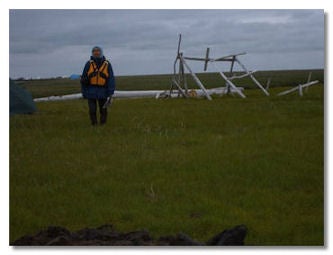
Uyuriukaraq Ulran in front of a fish camp near Chevak, Alaska.
One summer, Roy invited me to gather wild eggs on the tundra with him and some friends. We set out at around 10 p.m. and hunted eggs until 3 a.m. In the summer, the sun never sets this far north! While hunting the eggs, the young boy with us taught me how to find bird nests. When I found my first nest containing several eggs, he instructed me to always leave at least one egg in the nest. That way, the swan or goose will return and ensure that it leaves at least one offspring. This local institution helps maintain balance in the bird population.
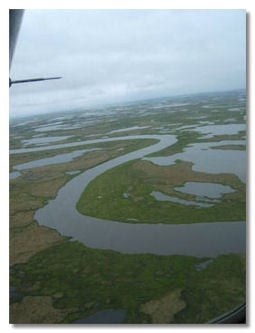
Aerial view of Chevak, Alaska.
Our project combines these anthropological insights with methods from experimental economics. My economist colleagues and I will design field experiments, or decision-making exercises, that incorporate the ethnographic evidence of local institutions with standard games. This way, we can see how these informal rules change as we alter the abundance of different resources."
Dr. Colin Thor West is now an assistant professor in the Department of Anthropology at the University of North Carolina (UNC), Chapel Hill. He is affiliated with UNC’s Curriculum for the Environment and Ecology.
